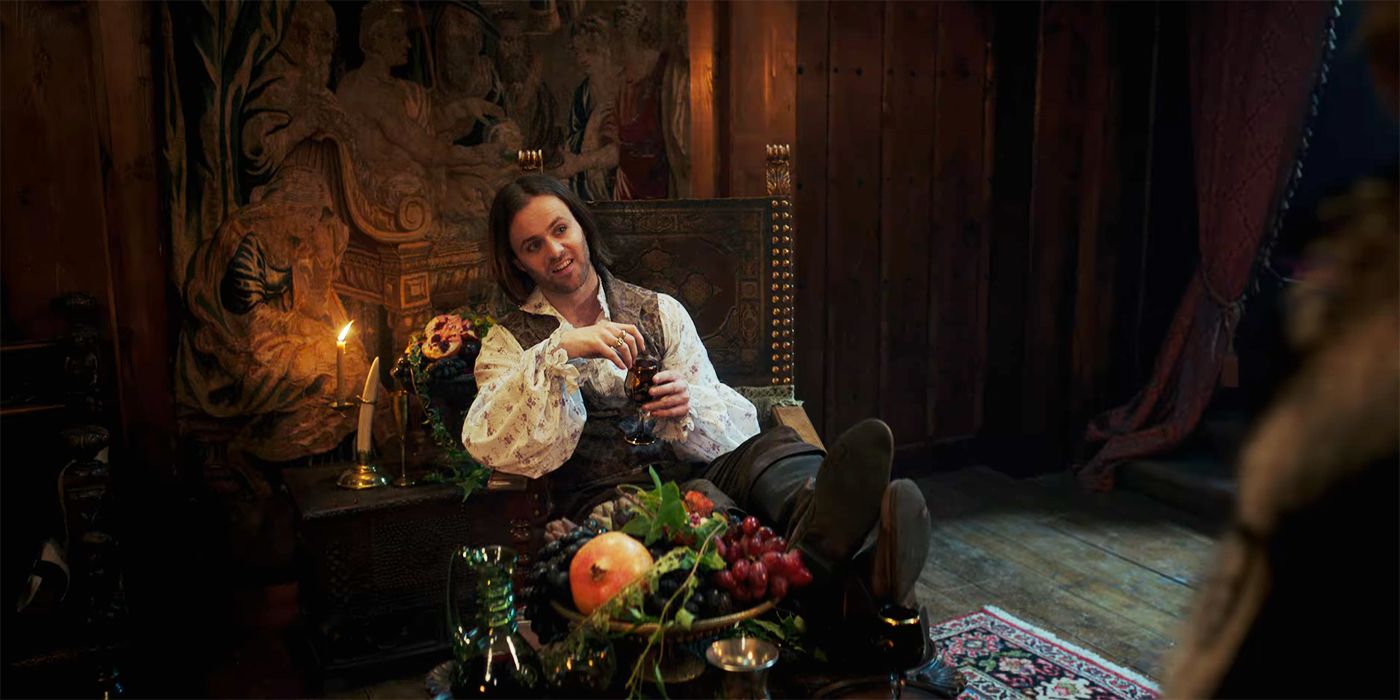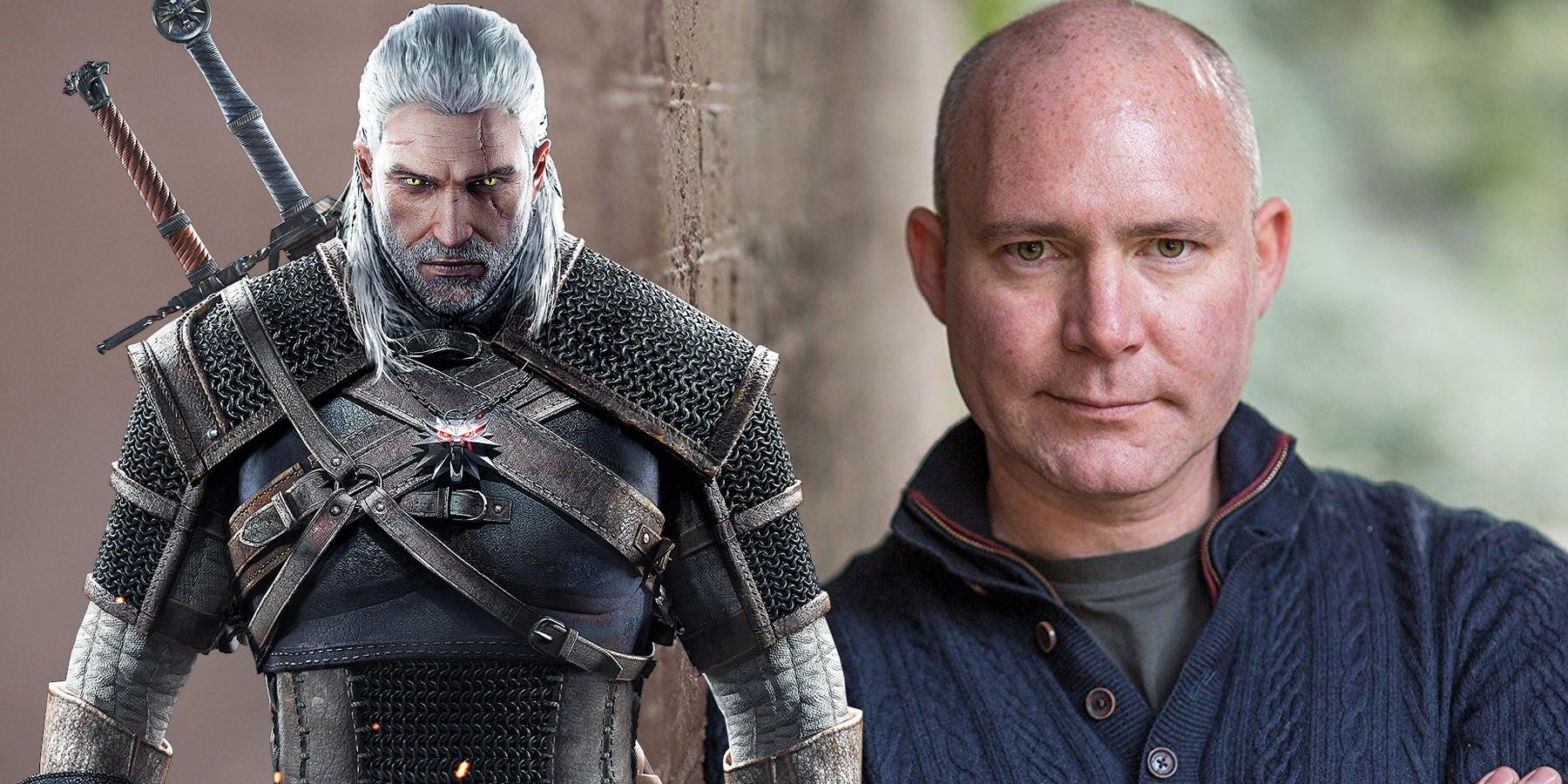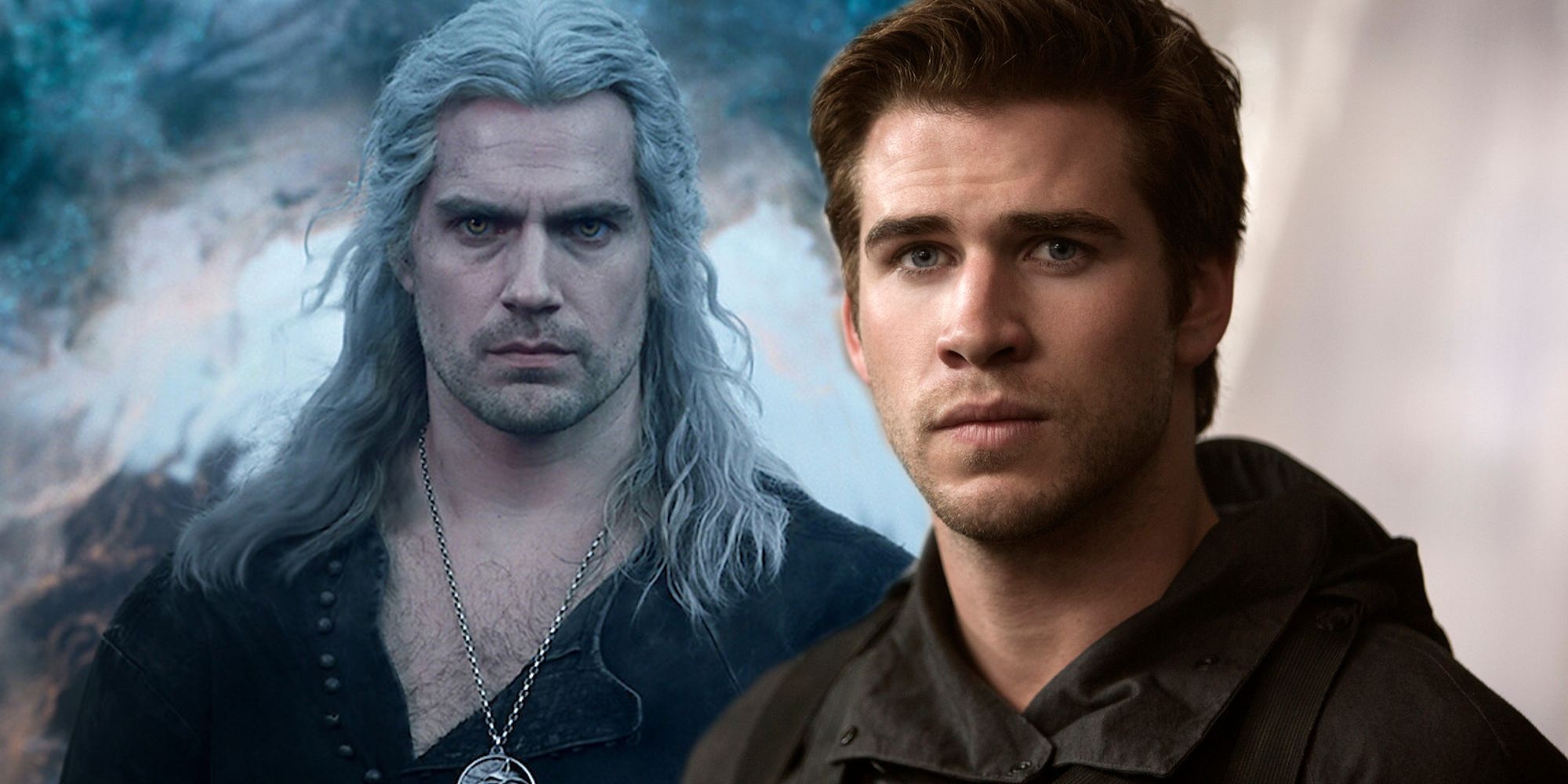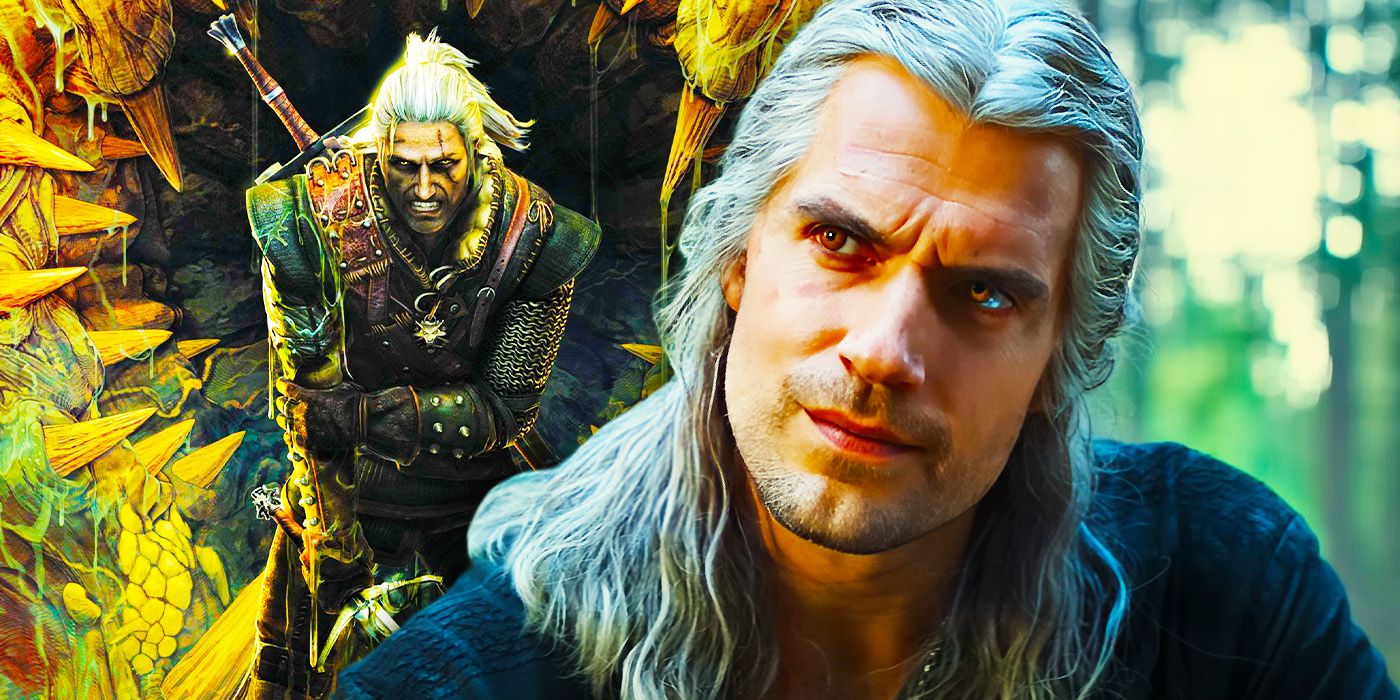
The Witcher's Jaskier: Unraveling His Sexual Identity in the Books & Games

Jaskier's Sexual Orientation: Debunking the Bisexuality Speculation in The Witcher Books & Games - A Closer Look into Jaskier's Relationships and the Importance of Accurate Representation
In The Witcher season 3, Jaskier (played by Joey Batey) was given more opportunities to shine, including a newfound love interest that sparked discussions about his sexual orientation in the original books and games. Netflix’s The Witcher wasted no time introducing Jaskier, the bard who forms a close bond with Geralt of Rivia, and quickly won over the hearts of viewers. Jaskier's popularity skyrocketed with the viral song "Toss a Coin to Your Witcher," leading to his return in the subsequent seasons. In season 3, Jaskier played a significant role, joining Geralt and Ciri in various adventures.
As Geralt, Ciri, and Yennefer navigated dangers and sought safety in The Witcher season 3, they frequently relied on Jaskier's assistance, as they had developed complete trust in him. This season also marked a pivotal moment in Jaskier's personal life as he became involved with Prince Radovid of Redania, revealing a genuine romantic interest that had not been previously explored. This development regarding Jaskier's love life raised questions about his sexual orientation in both The Witcher books and games, specifically whether he is also portrayed as bisexual.
Jaskier (AKA Dandelion) Is Not Confirmed As Bisexual In The Witcher Books Or Games
Jaskier, also known as Dandelion in the English versions of the books, differs from other characters in Netflix's The Witcher as he originates from the books and has also been featured in the video games, which has contributed to his popularity. At the age of 19, Jaskier discovered his talent for poetry, prompted by his affection for Countess de Stael. Throughout the book series, Jaskier is depicted as one of the Continent's most notorious womanizers, often encountering trouble due to his numerous affairs. Although his sexual orientation is never explicitly stated in the books, it is only mentioned that he engages in relationships with women.
Jaskier/Dandelion's portrayal in The Witcher video games mirrors the characterization presented in the books, highlighting his reputation as a ladies' man. In The Witcher 3: Wild Hunt, there is even a dedicated quest that delves into Dandelion's many romantic escapades in Novigrad, featuring a significant romance with a fellow artist named Callonetta. Similarly, Dandelion's bisexuality is not established in The Witcher games, although readers and players can still speculate about it. Therefore, the confirmation of Jaskier's sexual orientation is exclusively revealed in the Netflix series.
Why The Witcher Season 3 Confirmed Jaskier Is Bi & Why It's Important
The confirmation of Jaskier's bisexuality in Netflix's The Witcher may have surprised some viewers, but the truth is that the series had been subtly hinting at it since season 1. Jaskier had always been intrigued by Geralt, and in one particular scene during that season, he humorously asks his witcher friend if he lets strangers rub chamomile onto his body. This line, which would not typically be spoken between friends, hinted at Jaskier's deeper feelings.
In season 2 of The Witcher, Jaskier expresses his emotions through the song "Burn Butcher Burn", questioning whether he brought any happiness to Geralt and vowing to erase all memories of their time together.
By the time season 3 arrives, Jaskier has already been involved with various partners, as mentioned by his companion Vespula, who notes that Jaskier has pursued relationships with men, women, dwarves, and elves. Therefore, Jaskier's bisexuality was not a secret within the world of The Witcher.
The confirmation of Jaskier's bisexuality in The Witcher is a big step forward in inclusive storytelling, as it reflects the audience's demand for better representation of the LGBTQ+ community across all forms of media. This development also allows for a deeper exploration of Jaskier's character, as he has thus far been portrayed primarily as a helpful bard to Geralt and his companions. It's time to delve beneath the surface and discover what lies beneath.















